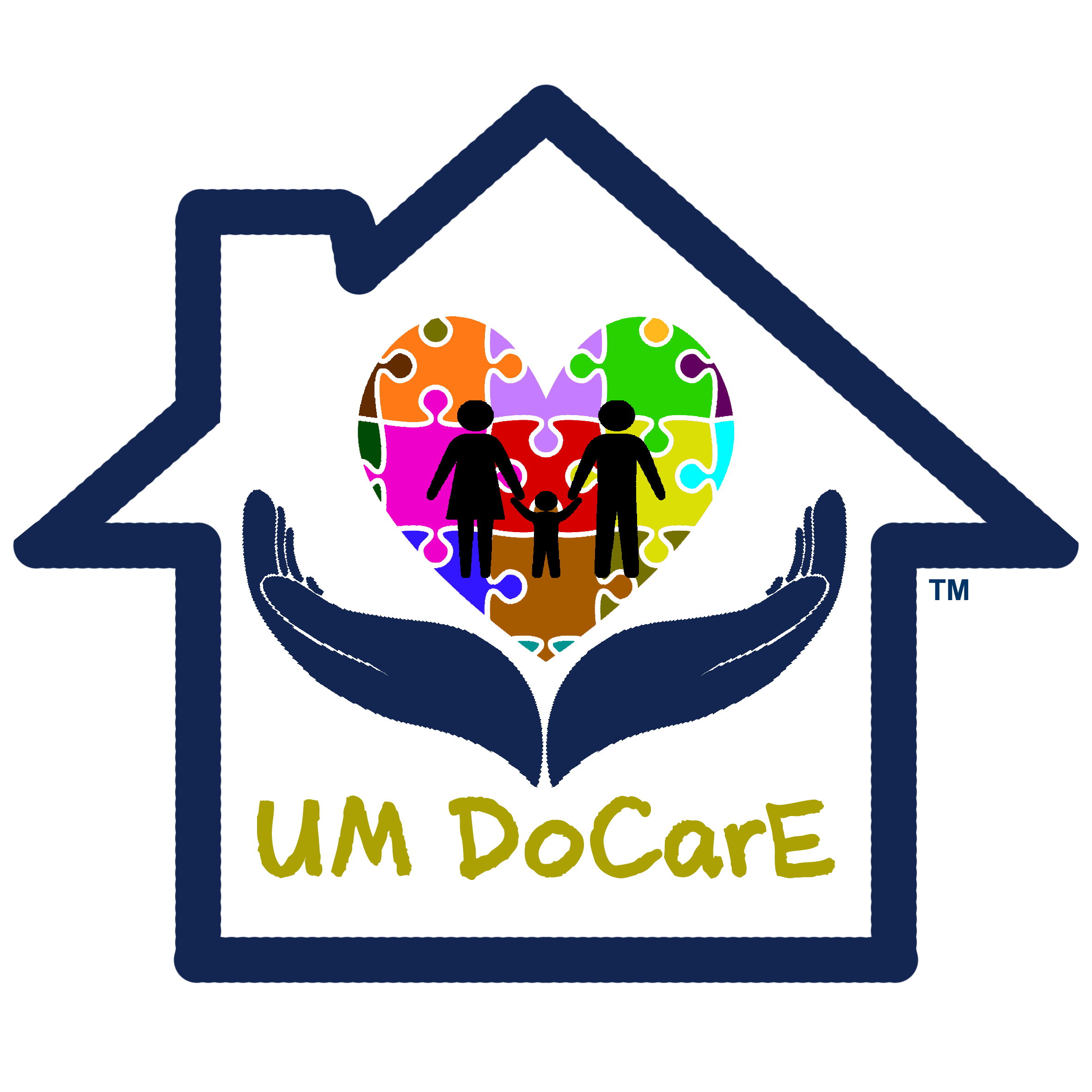
The momentum for the circular economy has never been stronger. Global issues, such as climate change and natural resource consumption levels, urgently require a change in our lifestyles and a transformation in our ways of thinking and acting. To achieve this change, we need new skills, new values, and new behaviours that lead to more sustainable societies. Is it possible to find a shared definition of community-based circular economy? Lifelong learning application of circular economy is thus becoming the main pillar of sustainability to improve the quality of life. Competencies in the circular economy ensure the achievement of thirteen of seventeen Sustainable Development Goals (SDGs) for the future demands for humans
On 28 November 2019, the Centre for Civilisational Dialogue in partnership with researchers from the Faculty of Built Environment and Faculty of Education, University of Malaya has came out with an initiative called "UM Dialogue on Community-based Circular Economy Project (UM DoCarE)". The initiatives, held within the framework of the Impact Oriented Interdisciplinary Research Grant (IIRG) project, brought together local communities, experts/trainers, and practitioners to educate, upskill the community and relate lifelong learning to the application of circular economy.
Phase 1 of the initiative focuses on upskilling the fishing community through lifelong learning education on the circular economy. The project is divided into three (3) sub-projects, namely: i) Educating the fishing community on the application of circular economy in sustainable tourism; ii) ACCSS: A collaborative community English (language) support system and iii) Upskilling the local inhabitants for asset upgrade and management of the fishing village.
Last Update: 09/06/2022